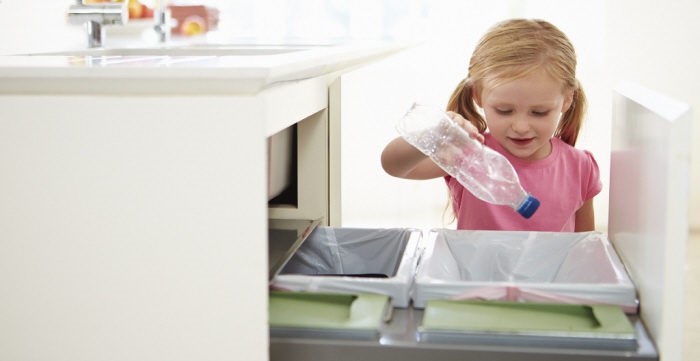Over the last couple of decades, recycling has become part and parcel of all our lives. The need to reduce the amount of materials that end up at landfill sites is all our responsibility, sustainably is vital to the future of the planet. But are we really doing all we can?
Here are a few practical steps you can take to help your household recycling activities.

What Can Be Recycled?
The first thing to do is make sure that you know what can be recycled in your area. This varies across the UK and from council to council so finding out about the local facilities is key. At home you will probably have several storage containers for everything from food waste to plastics and paper. There may be processes in place for collecting your garden waste and old clothes as well as batteries and electrical equipment. If your local council doesn’t offer all of these services then check out your local town information, there will be repositories nearby sometimes in Supermarket car parks or at community centres. You will be surprised at the amount that can be recycled. All this is part of delivering the waste hierarchy: Reduction, re-use, recycle, recovery, disposal.
Have a Policy
You might think that having a recycling policy is something that only businesses need to do. There’s no reason why you shouldn’t create one at home. First, make sure that everyone in the household knows what gets recycled and where it needs to go.
A big part of recycling is considering ways not to buy products that have lots of packaging or items such as plastic bottles. For example, the next time you go to the supermarket look at refill pouches for purchases like coffee and washing products. Try to avoid buying single use plastic bottles – they’re the biggest cause of pollution in our oceans today.
Another option is to buy recycled goods or products that contain recycled materials. The more often you do this, the more companies are likely to incorporate it into their manufacturing processes.
Re-use If You Can
A lot of the rubbish we produce can be repurposed. If you have a set of magazines you have finished with, give them to a local business or surgery for their waiting room. If you’re clearing out the toys in the kid’s room, organise a trip to the charity shop.
Electrical equipment can also be donated to a charity who will do a safety test before repurposing them. If you’re replacing your fridge, freezer or mattress, the company selling it may offer pick up and recycle your old product.
Books can be given away to friends and family or even the local hospital. Old furniture can be given to outlets that sell second hand goods. With most items you should be able to find another home for them. For those who like arts and crafts, you can even turn old items into entirely new objects.
Storing Recycling
Of course, storing recycling can take up a good deal of room. Have one area which is devoted to recycling with a list of what goes in each container. This is a good idea if you have children and want to get them into the habit of recycling as well as teach them something about the value of such activities.
Think Ahead
Finally, try to anticipate times when your recycling activity might need to increase. This happens during periods such as Christmas. Think of all the packaging we attempt to stuff in our wheelie bins, a trip to your local recycling centre may be a better way to clear the Christmas wrapping paper drifts. Get the children involved helping to sort cardboard and paper packaging from plastic.
There’s certainly a lot you can do and most councils now offer advice on how to cut down the waste your household produces.






